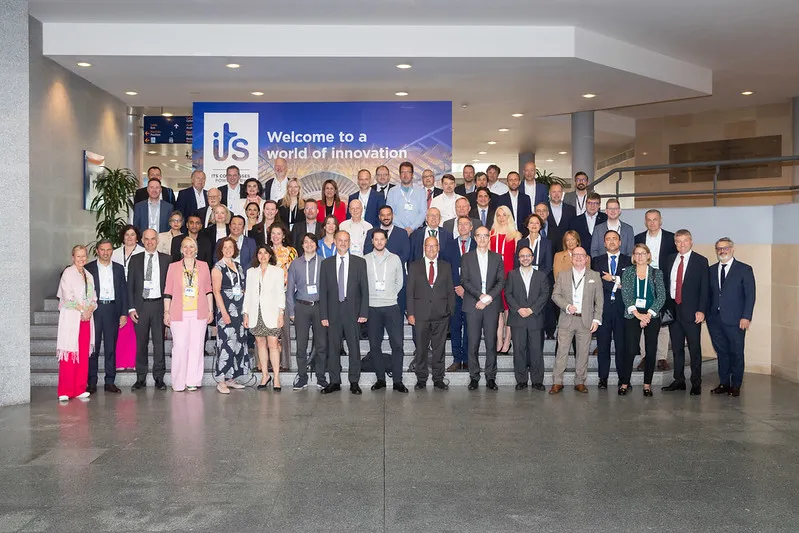ITS Australia says is third biennial Summit held in Sydney demonstrated a convergence of government, industry and academia to focus on the forward strategy and the projects and initiatives required to deliver improved mobility, safety and sustainable travel.
Brian Negus, president of ITS Australia, said: “Governments are recognising that ITS applications can ‘sweat the asset’, but clearly the challenge is to get more funding into the sector. This amplifies the need to demonstrate the real benefits from
December 19, 2013
Read time: 2 mins

Brian Negus, president of ITS Australia, said: “Governments are recognising that ITS applications can ‘sweat the asset’, but clearly the challenge is to get more funding into the sector. This amplifies the need to demonstrate the real benefits from the trials being run.”
He called on governments to proactively work to enable emerging innovations and technologies such as cooperative ITS and autonomous vehicles which could potentially bring massive efficiency and safety benefits. “These technologies are rapidly progressing beyond trials into deployable systems. However, governments will need to make significant changes to prevailing legislative and regulatory frameworks to enable many of these technologies to achieve their full potential.”
The Summit was a sell-out success with 32 displays, 145 presentations and 390 delegates including overseas delegations from Austria, Belgium, Czech Republic, Japan, Taiwan, New Zealand, Norway, UK and the US.
ITS Australia’s chief executive officer Susan Harris said: “The varied inputs at the Summit reflected the need for and importance of clear policies and strategies to ensure that key industry issues are addressed. This is critical to get traction in priority areas in an industry that is so diverse and technically complex.”









